Antibiotico para el dolor de muela: Effective Relief for Toothache
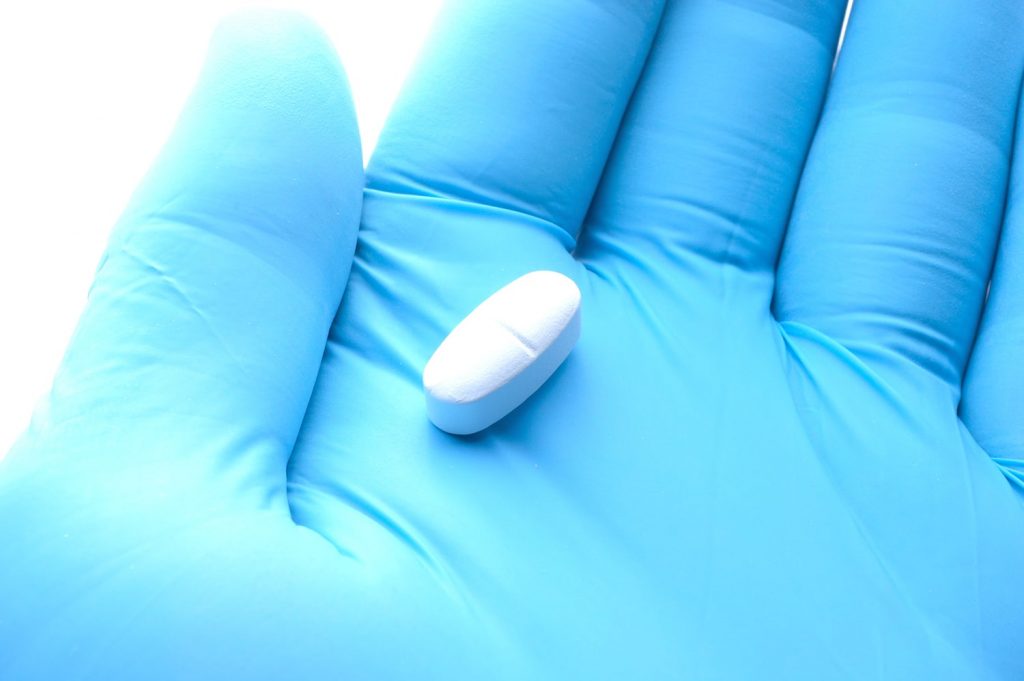
Dealing with a toothache can be excruciating and disruptive to your daily life. One of the common solutions to alleviate the pain associated with dental issues is the use of antibiotics. In this article, we will explore the topic of “antibiotico para el dolor de muela” or antibiotics for toothache in English. We will delve into the reasons why antibiotics are prescribed for dental pain, how they work, their effectiveness, and important considerations when using them.
Contents
- 1 Understanding Toothache
- 2 The Role of Antibiotics
- 3 Effectiveness of Antibiotics
- 4 Important Considerations
- 5 Conclusion
- 6 FAQs (Frequently Asked Questions)
- 7 ADD/ADHD (2)
- 8 Anabolic Steroids (11)
- 9 ANTI ANXIETY (1)
- 10 Anti-Estrogens (1)
- 11 Antibiotics (1)
- 12 Birth Control (1)
- 13 buy Online (5)
- 14 COUGH SYRUP (2)
- 15 DEPRESSANTS AND ANXIETY (14)
- 16 Hallucinogens (5)
- 17 INJECTABLE STEROIDS (1)
- 18 MARIJUANA AND HASHISH (1)
- 19 nervous-stimulants (1)
- 20 OPIOIDS (15)
- 21 Pain Reliever (6)
- 22 Sleep & Insomnia (1)
- 23 STIMULANTS (10)
- 24 WEIGHT LOSS (1)
Must Read: The World’s Leading SilkRoad Black Pharmacy: Empowering Access to Medications
Understanding Toothache
What Causes Toothache?
Toothaches are often caused by dental problems such as cavities, gum infections, Antibiotico Para el Dolor de Muela or impacted wisdom teeth. These issues can lead to inflammation and bacterial infections in the affected area, resulting in pain and discomfort.
The Role of Antibiotics
When Are Antibiotics Prescribed?
Antibiotics are commonly prescribed by dentists to address toothaches when the cause of the pain is associated with bacterial infections. They are used as a complementary treatment alongside other dental procedures, such as tooth extractions or root canals, to prevent the spread of infection.
How Antibiotics Work
Antibiotics work by killing or inhibiting the growth of bacteria. They target the specific bacteria responsible for the infection in the tooth or gums. This helps reduce inflammation and pain associated with the infection.
Effectiveness of Antibiotics
Are Antibiotics Always Effective?
The effectiveness of antibiotics in treating toothaches depends on the underlying cause of the pain. If the toothache is caused by a bacterial infection, antibiotics can be highly effective in providing relief. However, if the pain is due to non-bacterial issues such as a cracked tooth or a sinus infection, antibiotics may not be the best solution.
Timeframe for Relief
Patients often experience relief from toothache within a few days of starting the antibiotic treatment. It’s crucial to complete the full course of antibiotics as prescribed by your dentist, even if the pain subsides, to ensure the infection is fully eradicated.
Important Considerations
Antibiotic Resistance
Overuse and misuse of antibiotics can lead to antibiotic resistance, where bacteria become less responsive to these medications. It’s essential to take antibiotics only when prescribed by a healthcare professional and to follow their instructions diligently.
Allergic Reactions
Some individuals may be allergic to certain antibiotics. If you experience any allergic reactions, such as hives or difficulty breathing, seek immediate medical attention.
Side Effects
Common side effects of antibiotics can include nausea, diarrhea, and stomach pain. If these side effects persist or worsen, consult your healthcare provider.
Conclusion
In conclusion, “antibiotico para el dolor de muela” can be an effective solution for toothaches caused by bacterial infections. However, it’s crucial to use antibiotics judiciously, following the guidance of a healthcare professional, to avoid antibiotic resistance and adverse reactions.
FAQs (Frequently Asked Questions)
1. Can I buy antibiotics for toothache over the counter?
No, antibiotics should only be prescribed by a qualified healthcare provider after a thorough examination and diagnosis.
2. How long does it take for antibiotics to work on a toothache?
Most people experience relief within a few days of starting antibiotic treatment, but it’s essential to complete the full course as prescribed.
3. What are some home remedies for toothache?
Home remedies include rinsing with warm saltwater, using over-the-counter pain relievers, and keeping the affected area clean.
4. Are there any alternatives to antibiotics for toothache?
Alternatives may include dental procedures like root canals, extractions, or addressing non-bacterial causes of toothache.
5. How can I prevent toothaches in the first place?
Good oral hygiene practices, such as regular brushing, flossing, and dental check-ups, can help prevent toothaches by reducing the risk of cavities and gum infections.
Look Our Categories:
-
ADD/ADHD (2)
-
Anabolic Steroids (11)
-
ANTI ANXIETY (1)
-
Anti-Estrogens (1)
-
Antibiotics (1)
-
Birth Control (1)
-
buy Online (5)
-
COUGH SYRUP (2)
-
DEPRESSANTS AND ANXIETY (14)
-
Hallucinogens (5)
-
INJECTABLE STEROIDS (1)
-
MARIJUANA AND HASHISH (1)
-
nervous-stimulants (1)
-
OPIOIDS (15)
-
Pain Reliever (6)
-
Sleep & Insomnia (1)
-
STIMULANTS (10)
-
WEIGHT LOSS (1)
Must Read: Buy Magic Mushrooms Psilocybin Online: Navigating the Landscape of Psychedelic Experiences
In the quest for relief from toothache, antibiotics can play a vital role. However, it’s essential to use them responsibly and consult a healthcare professional for the most appropriate treatment for your specific condition.




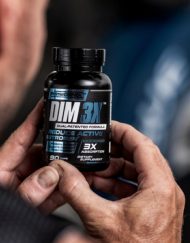


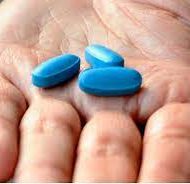
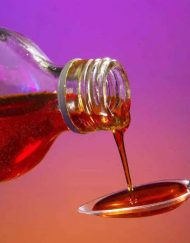




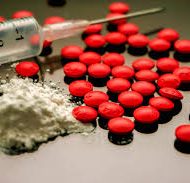

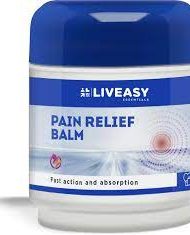

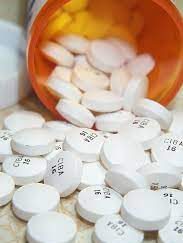

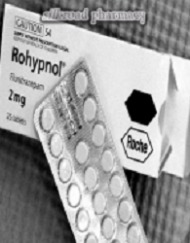
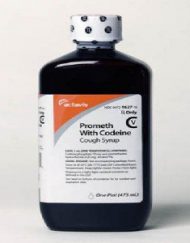
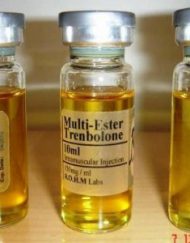

Recent Comments